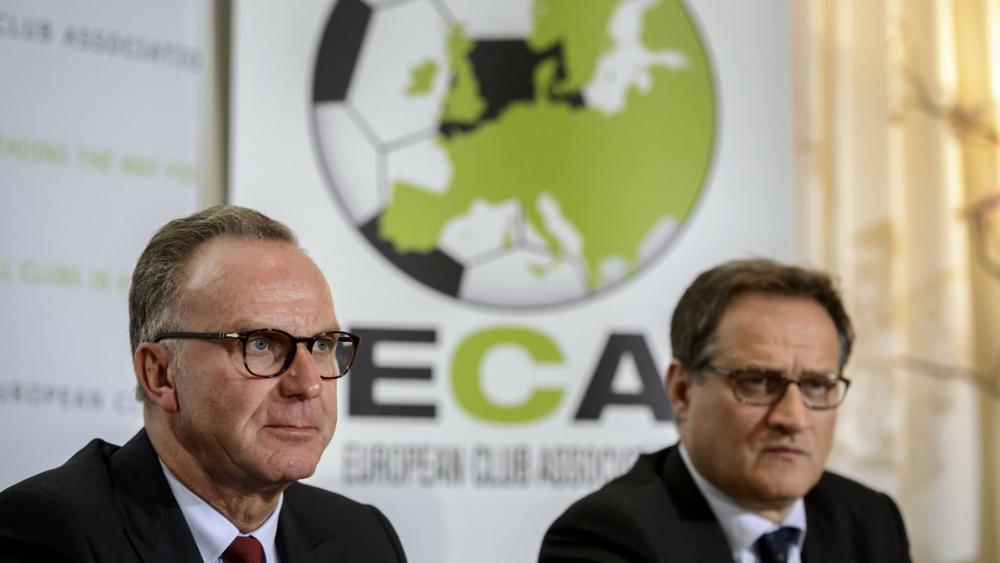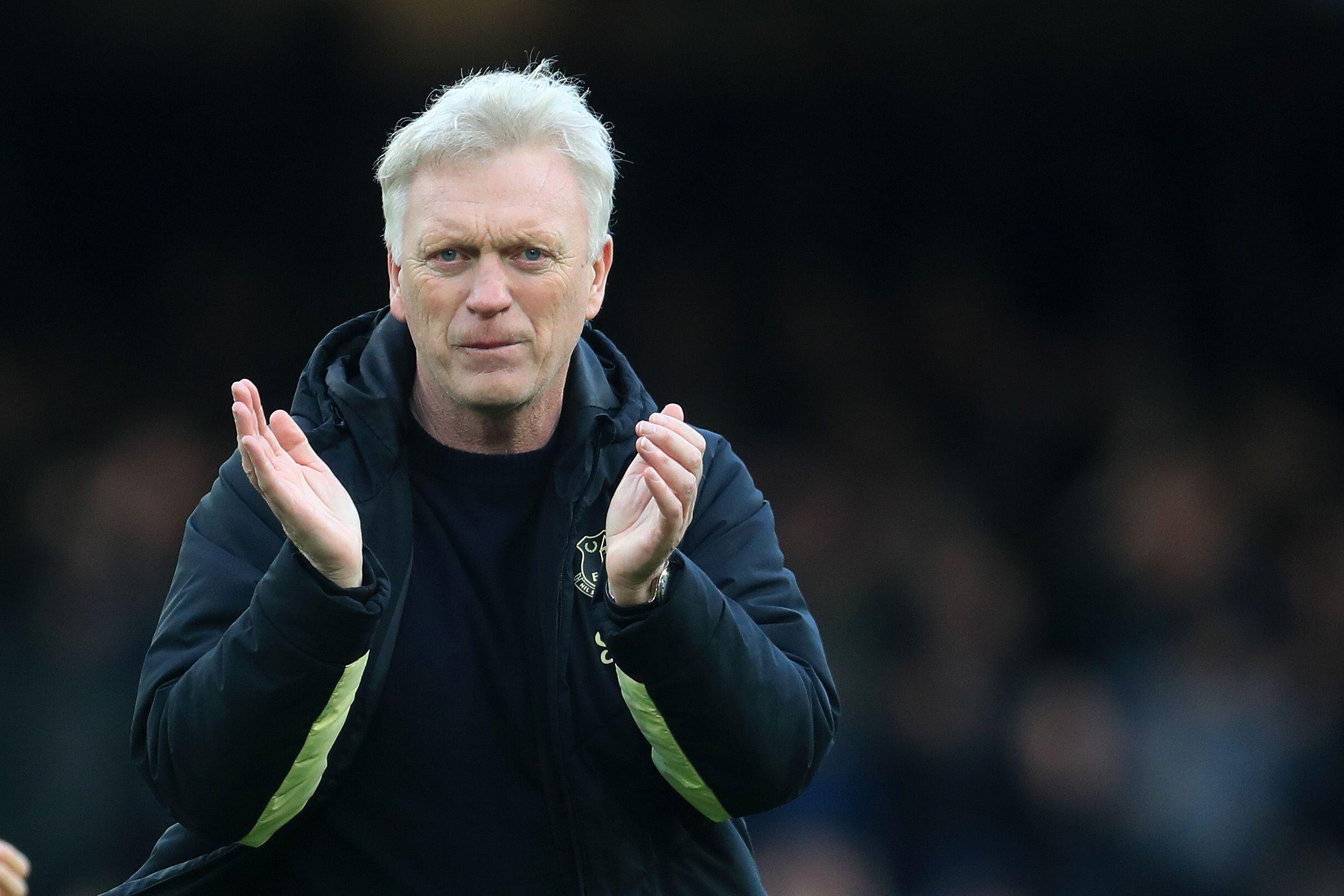European clubs slam World Cup expansion plans
The body representing European clubs has attacked FIFA's suggested World Cup expansion as proof the organisation is unable to reform itself.

The European Club Association has condemned FIFA's suggested expansion of the World Cup without consultation as proof the crisis-stricken body "is unable to deliver a sustainable governance model".
FIFA on Thursday issued details of its proposed reform process, the same day as two of its senior figures - CONMEBOL president Juan Angel Napout and his CONCACAF counterpart Alfredo Hawit - were arrested on suspicion of accepting bribes.
Together with the suggested governance and structural changes unveiled in Zurich, FIFA confirmed that the proposed expansion of its marquee competition, the World Cup, from 32 to 40 countries had been debated, with a decision yet to be made.
That concept has drawn a swift rebuke from the ECA. The association, which represents the interests of clubs playing in UEFA competitions, including powerful Champions League heavyweights such as Real Madrid, Barcelona and Bayern Munich, has already been highly critical of FIFA's intention to stage the 2022 World Cup in Qatar during the traditional European domestic season.
The ECA, whose clubs own the registrations of a large proportion of the elite international players that appear at a World Cup, on Friday issued a statement condemning FIFA's proposed expansion of the tournament.
"The recommendation … to enhance the number of participating teams in the FIFA World Cup from 32 to 40 without prior consultation with the clubs (in full knowledge of the impact this will have on the professional club game), is proof that the proposed reforms are not at the required standard allowing for a new and modern FIFA," the statement read.
"ECA believes that rather than reduce the risk of tension within the football family, the proposed recommendations will only lead to increased frustration among stakeholders."
The best features, fun and footballing quizzes, straight to your inbox every week.
FIFA has been embroiled in a corruption scandal following a wave of arrests of current and former senior figures in May, which has led to the resignation of Sepp Blatter as president.
The Swiss, together with UEFA president Michel Platini and FIFA general secretary Jerome Valcke, was subsequently banned from football activities by the global governing body's own Ethics Committee.
And while FIFA is attempting to instigate reforms intended to satisfy demands for greater accountability and transparency in its operations, ECA believes the organisation is not equipped to achieve that goal without outside intervention.
"ECA had misgivings towards the manner in which FIFA managed this reform process, but agreed to give FIFA the benefit of the doubt, believing that it was serious in its attempt to modernise the governance of world football," the statement said.
"However, given the recommendations that have now been presented, ECA was right to believe that a reform process led from within is unable to deliver a sustainable governance model, which is fit for the 21st century."
 Join The Club
Join The Club





